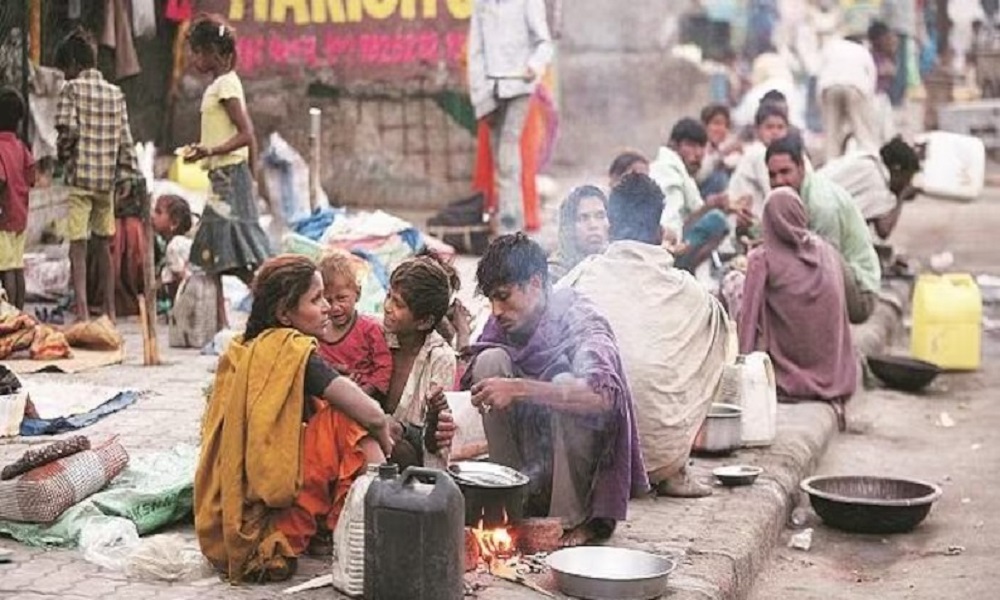Education is a powerful tool for combat poverty and fostering economic development. It equips individuals with the knowledge, skills, and opportunities needed to improve their lives and contribute positively to society.
By addressing the root causes of poverty through education, we can break the cycle of deprivation and create a more equitable and prosperous world.
The Link Between Education and Poverty
Economic Empowerment: Education provides individuals with the skills required for better-paying jobs and career advancement. Higher levels of education are associated with increased earning potential, which can lift individuals and their families out of poverty.
Educated individuals are also more likely to start and sustain businesses, contributing to economic growth and job creation.
Improved Health Outcomes: Education promotes healthier lifestyles and better access to healthcare information, leading to improved health outcomes. Educated individuals are more likely to understand the importance of nutrition, hygiene, and preventive care, which reduces the incidence of diseases and healthcare costs.
Healthier individuals are more productive and can participate more fully in the economy.
Social Empowerment: Education fosters critical thinking, self-confidence, and social skills, empowering individuals to participate actively in their communities and advocate for their rights. This social empowerment helps marginalized groups, including women and minorities, to overcome discrimination and achieve equality.
Reduced Inequality: Access to quality education helps reduce social and economic inequalities. When education is accessible to all, regardless of socioeconomic background, it levels the playing field and provides everyone with the opportunity to succeed.
This equitable access is crucial for fostering inclusive development and reducing poverty.
Intergenerational Impact: Educated parents are more likely to invest in the education of their children, creating a positive cycle of learning and development. This intergenerational transfer of knowledge and values ensures that future generations have better opportunities and resources to escape poverty.
Strategies to Enhance Education for Poverty Reduction
Investing in Early Childhood Education: Providing quality early childhood education lays the foundation for lifelong learning and development. Early interventions help children develop cognitive and social skills, preparing them for success in school and beyond.
Ensuring Access to Quality Education: Governments and organizations must work to eliminate barriers to education, such as high costs, inadequate infrastructure, and social discrimination. Policies should focus on making education affordable, inclusive, and of high quality.
Teacher Training and Support: Investing in the training and professional development of teachers is essential for improving educational outcomes. Well-trained, motivated teachers can provide better instruction and support to students, fostering a positive learning environment.
Promoting Gender Equality in Education: Ensuring that girls have equal access to education is critical for reducing poverty. Educated women are more likely to contribute to the economy, make informed health decisions, and invest in their families’ education. Efforts should focus on addressing cultural and social barriers that prevent girls from attending school.
Leveraging Technology: Technology can play a significant role in expanding access to education, especially in remote and underserved areas. Online learning platforms, digital resources, and mobile education initiatives can provide flexible and affordable learning opportunities.
Strengthening Vocational and Technical Training: Vocational and technical education programs equip individuals with practical skills that are directly applicable to the job market. These programs should be aligned with industry needs and provide pathways to employment and entrepreneurship.
Community and Parental Engagement: Engaging communities and parents in the education process ensures that children receive the support and encouragement they need to succeed. Community-based programs and parental involvement initiatives can help create a supportive learning environment.
CONCLUSION:
Education is a fundamental driver of economic and social development. By investing in education and ensuring that it is accessible to all, we can break the cycle of poverty and create a more equitable and prosperous society.
At Fikrah, we are committed to promoting educational initiatives that empower individuals and communities. Together, we can harness the transformative power of education to combat poverty and build a better future for all.
Click here to know more about “Why Education is Key to Breaking the Cycle of Poverty”””

